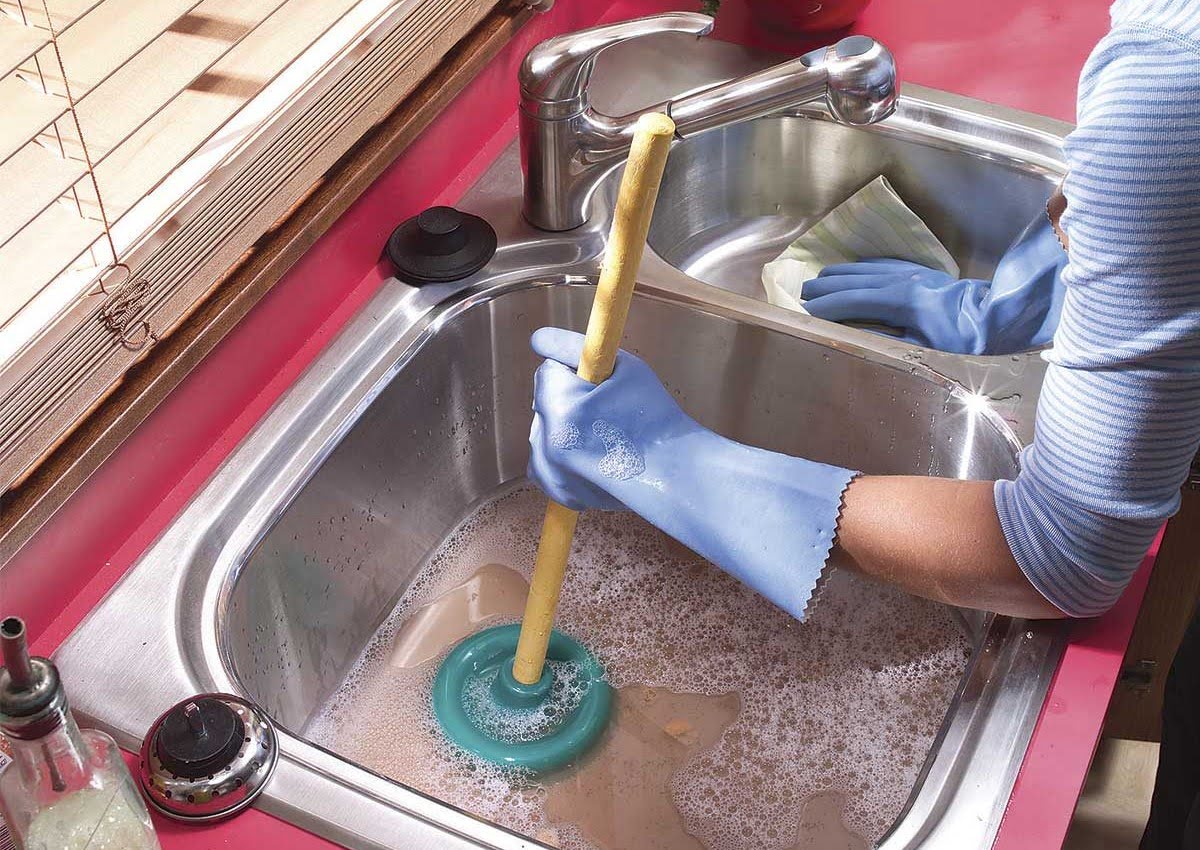

Articles
How To Unclog Kitchen Sink From Grease
Modified: January 6, 2024
Learn effective ways to unclog your kitchen sink from grease with these informative articles. Step-by-step guides and tips to keep your sink running smoothly.
(Many of the links in this article redirect to a specific reviewed product. Your purchase of these products through affiliate links helps to generate commission for Storables.com, at no extra cost. Learn more)
Introduction
Having a clogged kitchen sink can be a frustrating and inconvenient experience. It is a common problem that many homeowners face, especially when dealing with grease buildup. Grease from cooking and food residue can accumulate over time, causing blockages in the sink drain. While it may seem like a daunting task to unclog a kitchen sink, there are several effective techniques you can try at home.
In this article, we will explore various methods for unclogging a kitchen sink with grease. From homemade solutions using common household items to commercial drain cleaners, we will provide you with a comprehensive guide to help you tackle this issue. Additionally, we will share prevention and maintenance tips to avoid future clogs and keep your kitchen sink running smoothly.
Before we delve into the solutions, let’s take a closer look at why grease causes clogs and the importance of addressing the problem promptly.
Key Takeaways:
- Say goodbye to grease clogs in your kitchen sink with eco-friendly homemade solutions like baking soda and vinegar, hot water and dish soap, and salt and boiling water. Keep your plumbing happy and your sink running smoothly!
- Prevent future kitchen sink clogs by disposing of grease properly, using sink strainers, running hot water regularly, and performing monthly maintenance with baking soda and vinegar. Take care of your sink to avoid the frustration of grease blockages!
Read more: How To Unclog The Sink
Understanding the Problem
Grease clogs are a common issue in kitchen sinks because of the nature of the materials that pass through them. When cooking, grease is often poured down the drain, where it cools and solidifies over time. Additionally, food particles, soap residue, and other debris can become trapped in the grease, exacerbating the clog.
As the grease buildup thickens, it restricts the flow of water through the pipes, leading to slow drainage or a complete blockage. Not only is this inconvenient, but it can also cause unpleasant odors and potentially lead to more serious plumbing problems if left untreated.
It’s important to address grease clogs as soon as they occur to prevent further damage and restore proper drainage. While it may be tempting to rely on harsh chemicals, these can have negative effects on your plumbing system and the environment. Instead, consider trying homemade solutions using common household items, which we will discuss in the following section.
Remember, prevention is key when it comes to grease clogs. Avoid pouring grease down the drain and use sink strainers to catch food particles before they enter the pipes. Implementing proper maintenance practices can go a long way in keeping your kitchen sink free from clogs and ensuring its longevity.
Homemade Solutions
If you’re dealing with a grease clog in your kitchen sink, you’ll be pleased to know that there are several effective homemade solutions you can try before resorting to commercial drain cleaners. These solutions are not only eco-friendly but also use common household items that are readily available. Let’s explore some of these methods.
1. Baking Soda and Vinegar: This classic combination can work wonders to dissolve grease and unclog your kitchen sink. Start by pouring a pot of boiling water down the drain to help loosen the grease. Next, sprinkle about half a cup of baking soda into the drain, followed by half a cup of white vinegar. Cover the drain with a drain plug or a cloth to contain the fizzing reaction. After about 10 minutes, remove the cover and flush the drain with hot water. Repeat if necessary.
2. Hot Water and Dish Soap Method: A mixture of hot water and dish soap can help break down greasy clogs in your sink. Squirt a generous amount of dish soap down the drain and follow it with a pot of boiling water. Let it sit for a few minutes, and then flush the drain with hot water. The soap will help emulsify the grease, allowing it to easily flow through the pipes.
3. Salt and Boiling Water Solution: Another simple yet effective homemade solution involves using salt and boiling water. Start by pouring about half a cup of salt down the drain. Let it sit for a few minutes to penetrate the grease buildup. Then, carefully pour a pot of boiling water down the drain to flush away the loosened debris. Repeat if necessary.
These homemade solutions are typically safe for most types of plumbing, but it’s always a good idea to test them in a small area first or consult a professional if you have any concerns. If the clog persists or is particularly stubborn, you may need to consider using a commercial drain cleaner, which we will discuss in the next section.
Using Baking Soda and Vinegar
One of the most popular and effective methods for unclogging a kitchen sink with grease is by using a combination of baking soda and vinegar. This powerful duo creates a chemical reaction that can help break down grease and clear the clog. Here’s how to use this method:
- Start by removing any standing water from the sink. Use a cup or bucket to scoop out the water, or use a plunger to force it down the drain.
- Pour about half a cup of baking soda down the drain. Make sure to distribute it evenly, covering as much of the drain area as possible.
- Next, pour half a cup of white vinegar down the drain. Immediately after pouring the vinegar, cover the drain with a drain plug or a cloth to contain the fizzing reaction that will occur.
- Let the mixture sit for about 15 minutes. During this time, the baking soda and vinegar will work together to break down the grease and unclog the drain.
- After the waiting period, remove the drain cover and flush the drain with hot water. You can do this by running the hot water tap or by pouring a pot of boiling water down the drain.
- If the clog persists, you can repeat the process or consider trying a different method.
This method is not only effective for removing grease clogs but also helps eliminate foul odors caused by the buildup. It’s important to note that while baking soda and vinegar are safe for most types of plumbing, they may not be suitable for certain materials such as marble or limestone. If you have concerns, it’s best to test this method in a small area or consult a professional.
Using baking soda and vinegar is a natural and eco-friendly way to unclog your kitchen sink. Plus, it’s a cost-effective solution that can be done using items you likely have in your pantry. Give it a try, and you might be surprised by the results.
Hot Water and Dish Soap Method
If you’re looking for a simple and effective way to unclog your kitchen sink from grease, the hot water and dish soap method is worth a try. By combining hot water with dish soap, you can help break down the grease buildup and restore proper drainage. Here’s how to use this method:
- Begin by removing any standing water from the sink. Use a cup or bucket to scoop out the water, or use a plunger to force it down the drain.
- Squirt a generous amount of dish soap directly into the clogged drain. Make sure to cover as much of the drain area as possible.
- Boil a pot of water on the stovetop. Carefully pour the boiling water directly into the drain, aiming to dislodge and dissolve the grease buildup.
- Allow the hot water and dish soap mixture to sit in the drain for a few minutes. This will give the soap time to penetrate and break down the grease.
- Finally, flush the drain with hot water by running the hot water tap or pouring another pot of boiling water down the drain. The hot water will help rinse away any remaining grease and clear the clog.
- If the sink is still not draining properly, you can repeat the process or try another method.
This method is a gentle yet effective way to tackle grease clogs in your kitchen sink. The combination of hot water and dish soap helps to emulsify and break down the grease, allowing it to flow freely through the pipes. However, it’s important to note that this method may not be suitable for more severe or stubborn clogs. In such cases, you may need to consider using a different technique or seeking professional assistance.
Using hot water and dish soap is a safe and environmentally friendly way to unclog your kitchen sink. The dish soap not only helps break down the grease but also contributes to eliminating unpleasant odors that may be associated with the clog. Give this method a try, and you might find a simple solution to your clogged sink.
Pour boiling water down the drain to help melt and flush away the grease. Follow up with a mixture of baking soda and vinegar to break down the remaining grease. Finally, flush with hot water.
Read more: How To Clean Grease From Waffle Iron
Salt and Boiling Water Solution
When it comes to unclogging a kitchen sink from grease, sometimes the simplest methods can be the most effective. One such method is using a salt and boiling water solution. Salt is known for its abrasive properties, which can help break down grease and clear the clog. Here’s how to use this method:
- Start by removing any standing water from the sink. Use a cup or bucket to scoop out the water, or use a plunger to force it down the drain.
- Pour about half a cup of salt directly into the clogged drain. Try to distribute the salt evenly, covering as much of the drain area as possible.
- Boil a pot of water on the stovetop. Be careful when handling boiling water.
- Carefully pour the boiling water directly into the drain, aiming to dissolve the salt and dislodge the grease buildup.
- Allow the salt and boiling water mixture to sit in the drain for a few minutes. This will give the salt time to penetrate the clog and help break it down.
- Finally, flush the drain with hot water by running the hot water tap or pouring another pot of boiling water down the drain. The hot water will help rinse away any remaining grease and clear the clog.
- If the clog persists, you can repeat the process or try another method.
This salt and boiling water solution is a simple yet effective method for unclogging your kitchen sink from grease. The abrasive nature of salt helps to break down the grease, while the hot water flushes it away. However, it’s important to note that this method may not be suitable for more severe or stubborn clogs. In such cases, you may need to consider using a different technique or seeking professional assistance.
Using a salt and boiling water solution is a safe and eco-friendly way to unclog your kitchen sink. It’s a natural alternative to chemical drain cleaners and can be done using common household items. Give this method a try, and you may find a straightforward solution to your greasy clog.
Commercial Drain Cleaners
If you’ve tried various homemade solutions and the grease clog in your kitchen sink persists, it may be time to consider using a commercial drain cleaner. Commercial drain cleaners are specifically formulated to dissolve tough clogs, including those caused by grease buildup. Here’s what you need to know about using commercial drain cleaners:
1. Read and Follow the Instructions: Before using any commercial drain cleaner, carefully read and follow the instructions provided by the manufacturer. Different types of cleaners may have specific usage and safety guidelines, so it’s important to adhere to them for effective and safe use.
2. Use Caution: Commercial drain cleaners often contain powerful chemicals that can be hazardous if mishandled. It’s essential to wear protective gloves and goggles while using these products to avoid any contact with your skin or eyes. Additionally, make sure to keep the area well-ventilated to minimize exposure to fumes.
3. Apply the Drain Cleaner: Most commercial drain cleaners come in liquid or gel form. Carefully pour the recommended amount of cleaner directly into the clogged drain. Allow it to sit according to the instructions provided. The chemicals in the cleaner will work to dissolve the grease and clear the blockage.
4. Flush with Water: After the recommended waiting time, thoroughly flush the drain with hot water. This will help to rinse away the dissolved grease and any remnants of the cleaner. Run the hot water tap for a few minutes to ensure proper drainage.
5. Be Mindful of Safety: Remember that commercial drain cleaners are potent chemicals, and they should be used sparingly and with caution. Avoid mixing different drain cleaners or using them in combination with other cleaning agents, as this can create toxic fumes or chemical reactions.
While commercial drain cleaners can be effective in clearing stubborn grease clogs, it’s important to note that they can also have some drawbacks. These cleaners can be harsh on your plumbing system and the environment due to their chemical composition. Additionally, repeated use of drain cleaners may cause damage to older or more sensitive pipes. Therefore, it’s recommended to limit the use of commercial drain cleaners to severe clogs that cannot be resolved by other methods.
If you have concerns about using commercial drain cleaners or if the clog persists despite your efforts, it’s advisable to seek professional help from a plumber. They have the expertise and specialized equipment to safely and effectively remove grease clogs and restore proper drainage in your kitchen sink.
Prevention and Maintenance Tips
Taking proactive steps to prevent grease clogs in your kitchen sink can save you the hassle of dealing with clogged drains in the future. Here are some prevention and maintenance tips to keep your sink running smoothly:
1. Dispose of Grease Properly: Avoid pouring grease down the drain. Instead, let it cool in a container or use absorbent materials, such as paper towels, to soak it up. Dispose of the grease in the trash or recycle it if possible.
2. Use Sink Strainers: Install sink strainers or catch baskets to capture food particles and debris before they enter the drain. Empty the strainers regularly to prevent buildup and clogs.
3. Run Hot Water Regularly: Once a week, run hot water down the drain for several minutes. This helps prevent grease buildup by melting and flushing away any residual greasy substances.
4. Clean the Sink Regularly: Scrub the sink with a mild dish soap and warm water to remove grease and food residue. Pay extra attention to the drain opening and remove any visible debris or buildup.
5. Perform Monthly Maintenance: Once a month, use a combination of baking soda and white vinegar to clean and maintain your kitchen sink. Pour a cup of baking soda down the drain, followed by a cup of vinegar. Allow the mixture to fizz for a few minutes, then flush the drain with hot water.
6. Avoid Harsh Chemicals: Minimize the use of harsh chemicals in your sink, as they can damage your plumbing system and the environment. Instead, opt for natural and eco-friendly alternatives, such as the homemade solutions mentioned earlier.
7. Regularly Inspect and Maintain Pipes: Periodically check the pipes under your sink for any signs of leaks, corrosion, or damage. If you notice any issues, have them repaired by a professional plumber to prevent future problems.
8. Educate Household Members: Make sure everyone in your household understands and follows the proper practices for maintaining a clog-free kitchen sink. Encourage them to dispose of grease properly and avoid pouring harmful substances down the drain.
By incorporating these prevention and maintenance tips into your routine, you can keep your kitchen sink free from grease clogs and ensure its long-term functionality. Regular maintenance and responsible use of the sink can go a long way in preventing clogs and maintaining a healthy plumbing system.
Conclusion
Dealing with a clogged kitchen sink from grease can be a frustrating and inconvenient experience, but with the right techniques and preventive measures, you can keep your sink running smoothly and avoid future clogs.
In this article, we explored various homemade solutions, such as using baking soda and vinegar, hot water and dish soap, and salt and boiling water. These natural and eco-friendly methods can effectively dissolve grease and clear clogs, providing you with a cost-effective and safe solution.
If these methods prove ineffective or the clog is particularly stubborn, commercial drain cleaners can be used as a last resort. However, it’s crucial to carefully follow the instructions and take necessary safety precautions when using these strong chemical products.
To prevent grease clogs in the first place, remember to dispose of grease properly, use sink strainers, and run hot water regularly to flush away any buildup. Cleaning the sink regularly, performing monthly maintenance with baking soda and vinegar, and inspecting and maintaining pipes can also help keep your kitchen sink in optimal condition.
By implementing these prevention and maintenance tips, you can proactively avoid grease clogs and reduce the need for extensive cleaning or costly repairs. Taking care of your kitchen sink will not only save you time and inconvenience but also contribute to the longevity of your plumbing system.
Remember, prevention is key when it comes to grease clogs. By maintaining good habits and promptly addressing any clogs that do occur, you can keep your kitchen sink clean, functional, and free from the frustrations of grease blockages.
Frequently Asked Questions about How To Unclog Kitchen Sink From Grease
Was this page helpful?
At Storables.com, we guarantee accurate and reliable information. Our content, validated by Expert Board Contributors, is crafted following stringent Editorial Policies. We're committed to providing you with well-researched, expert-backed insights for all your informational needs.
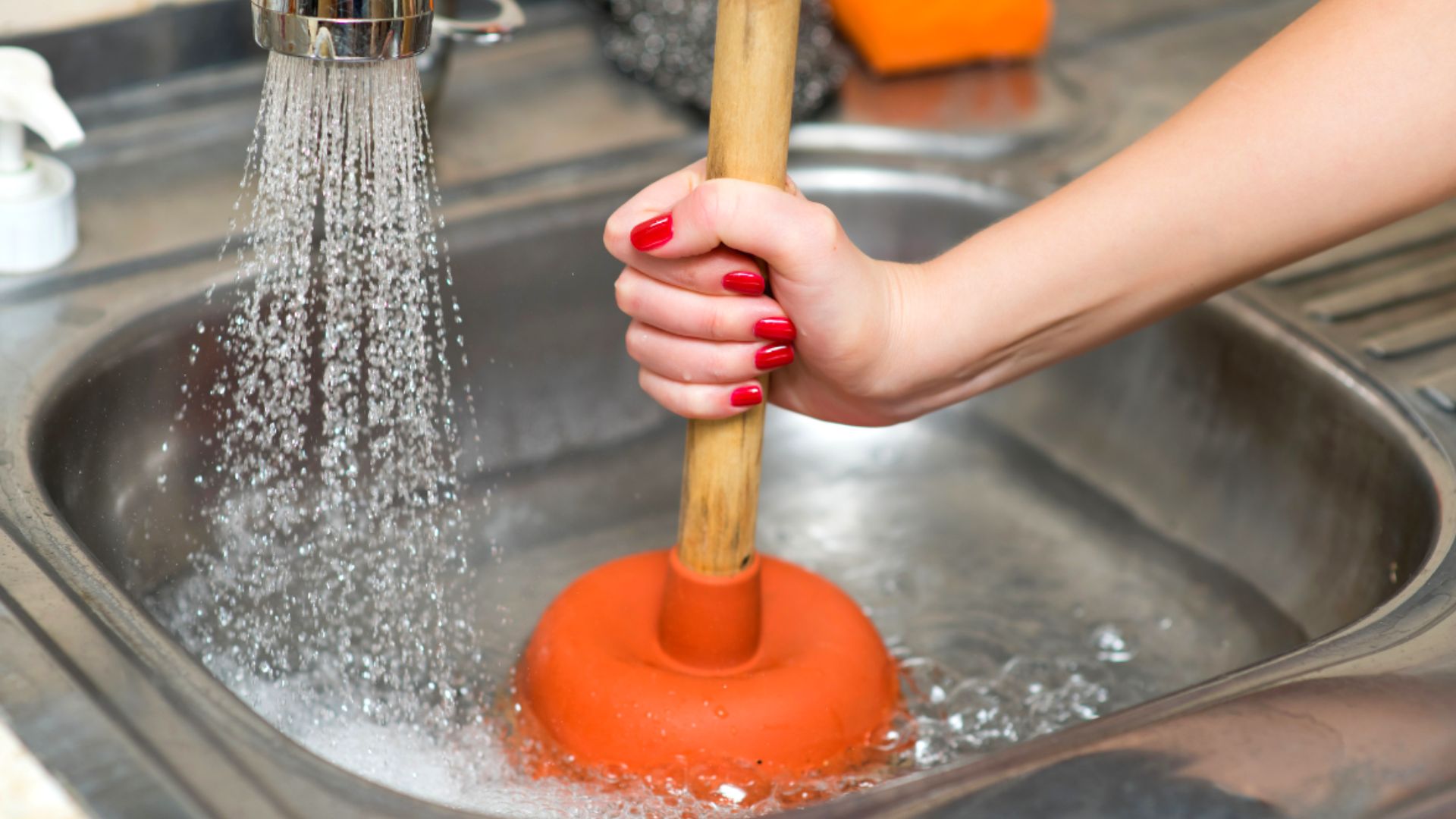
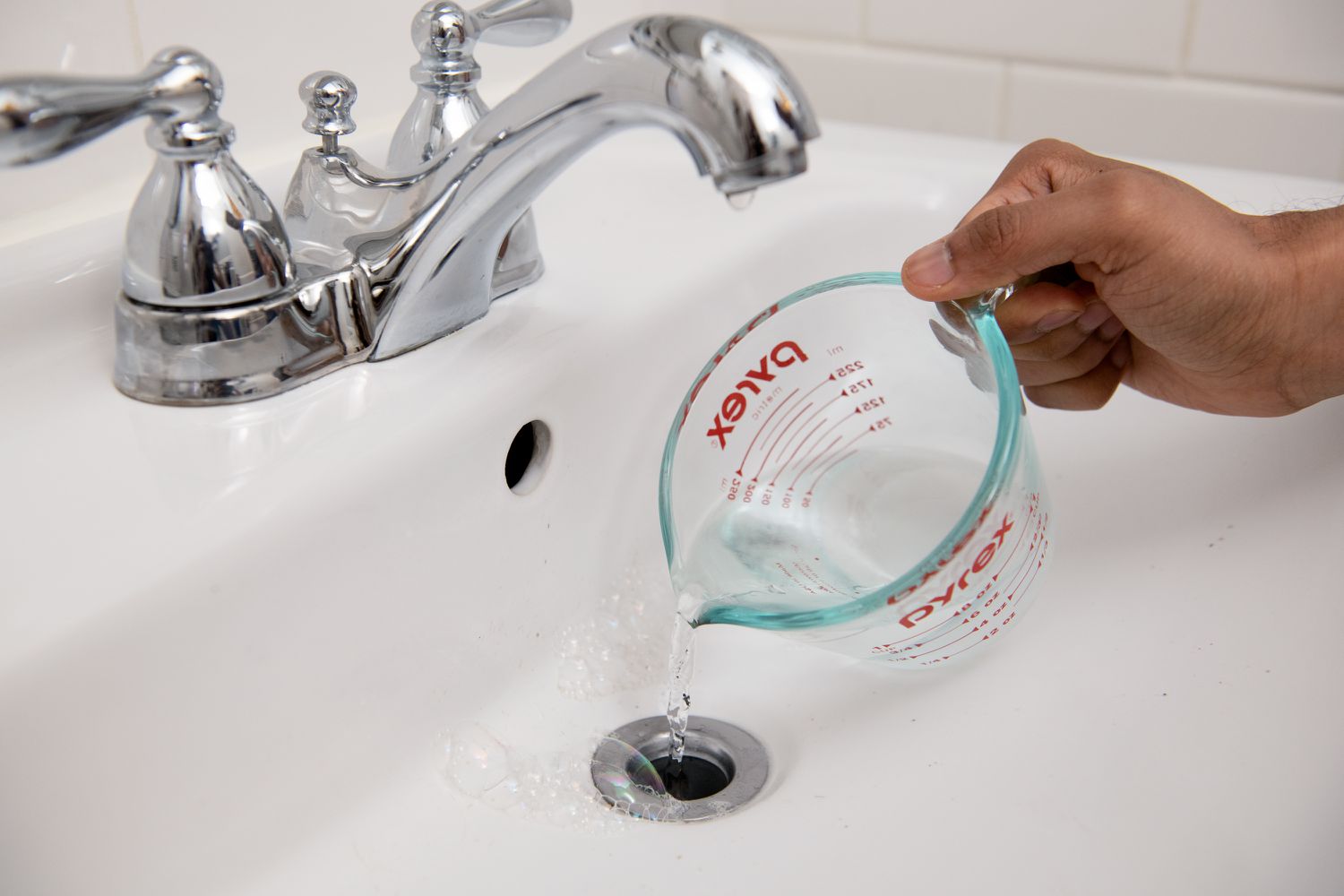
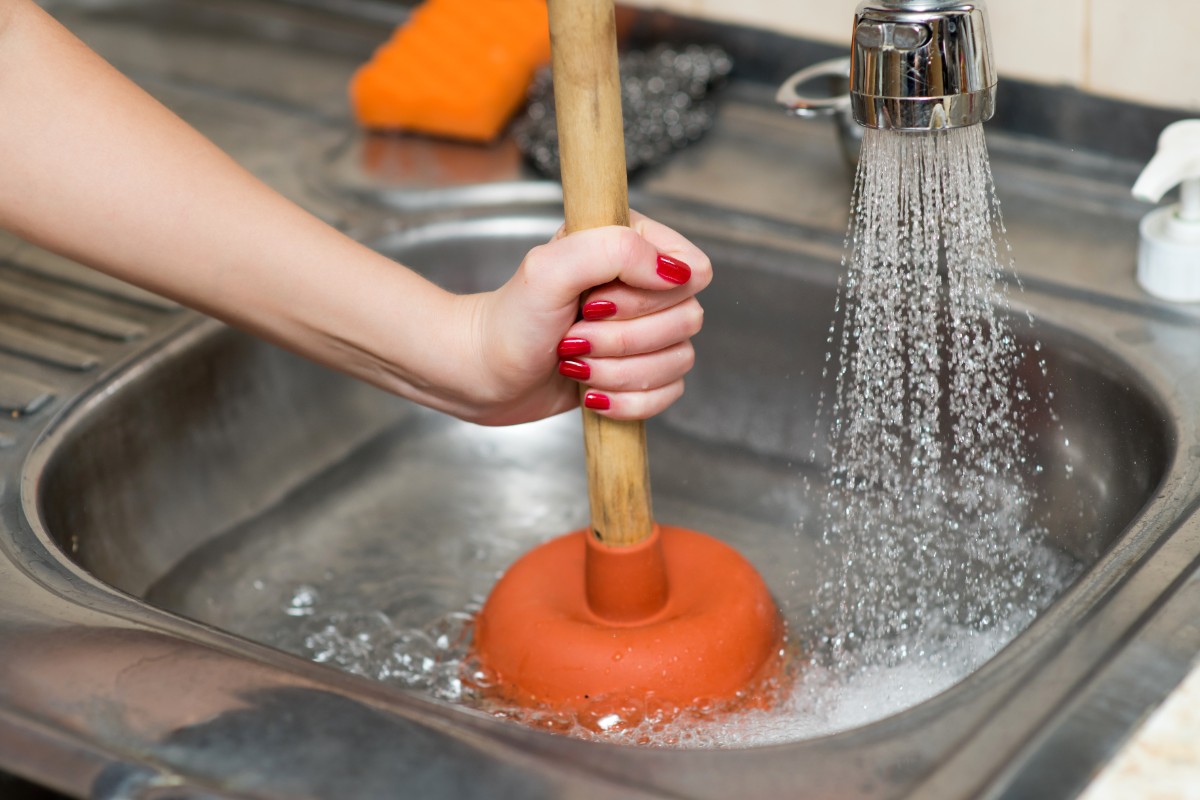
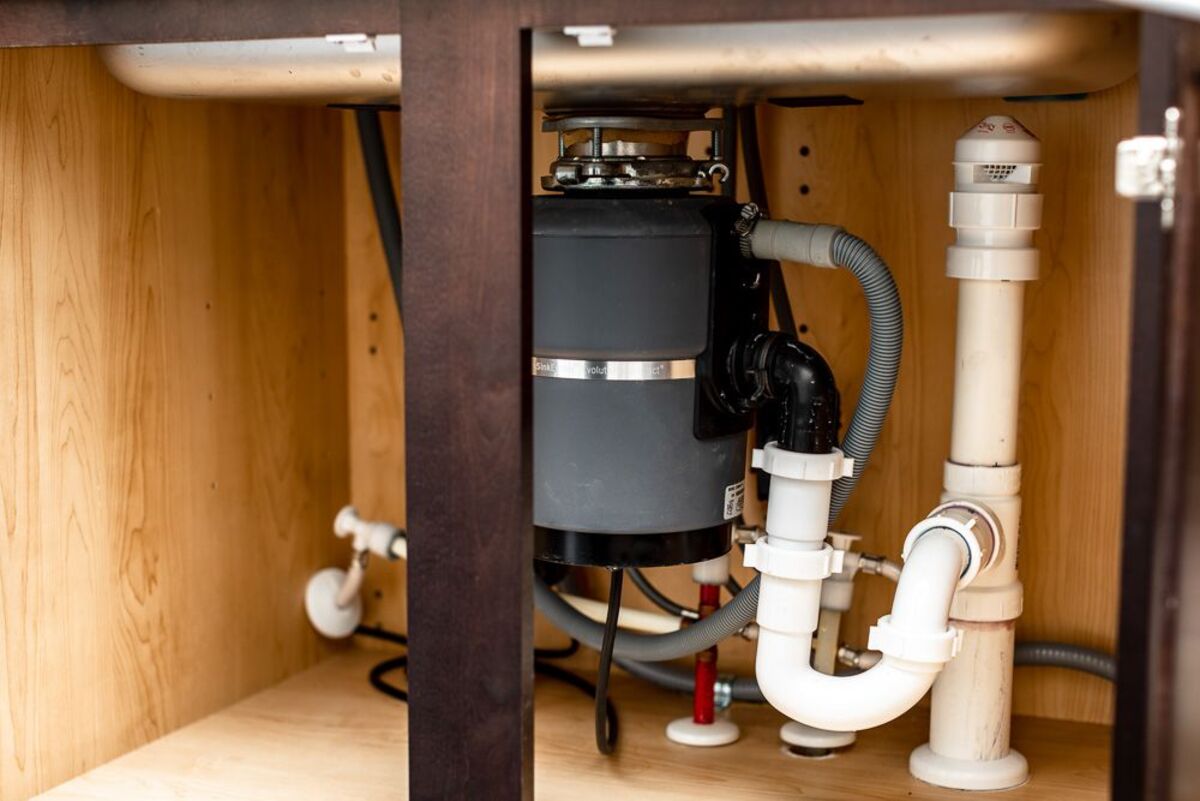
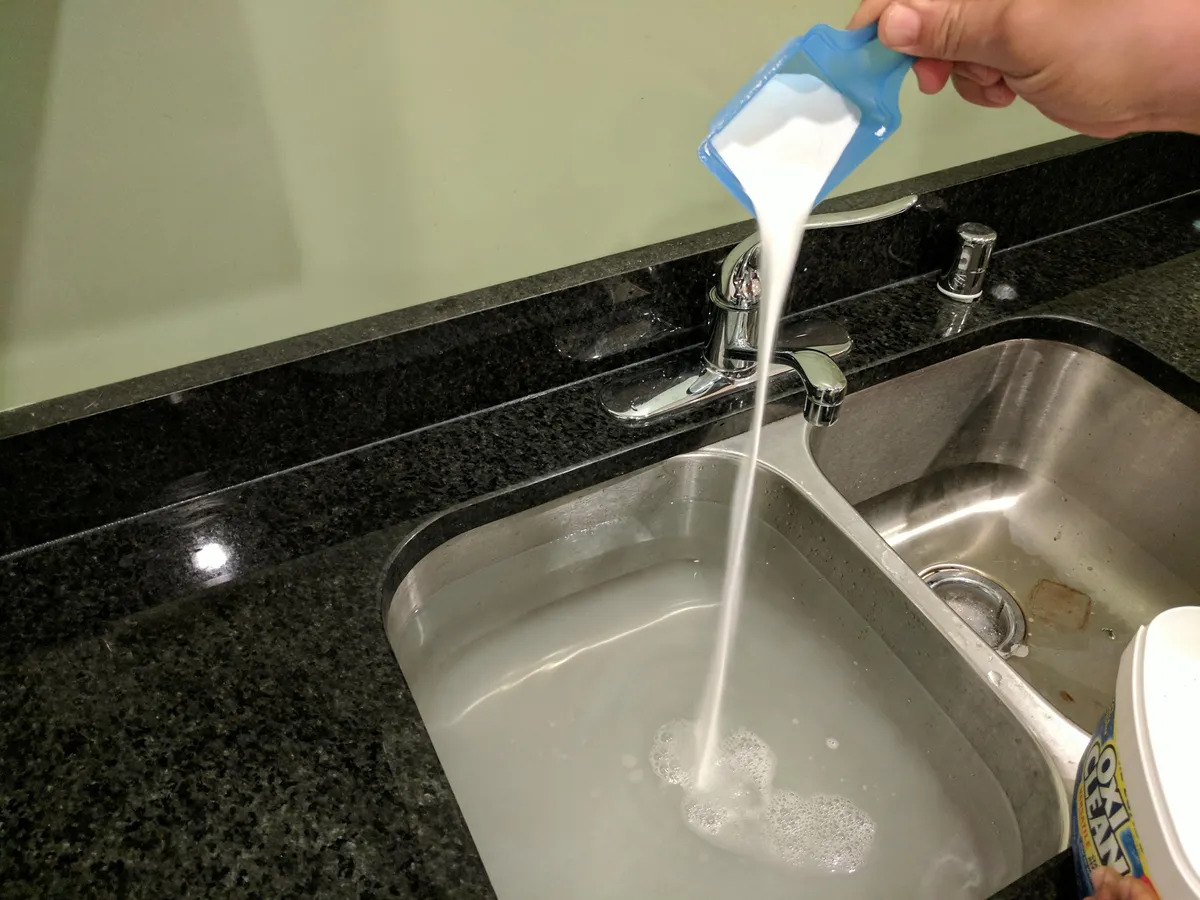
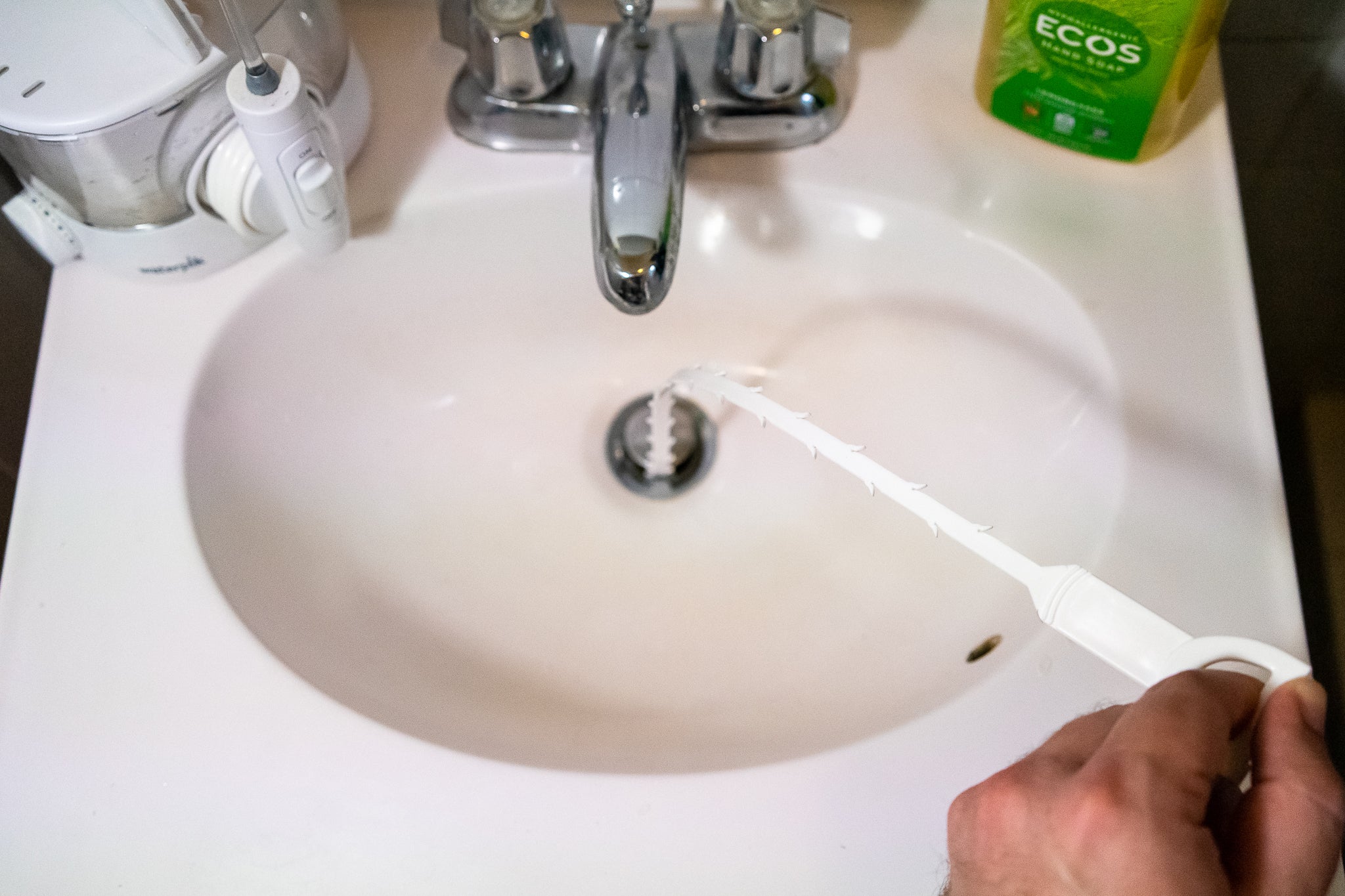
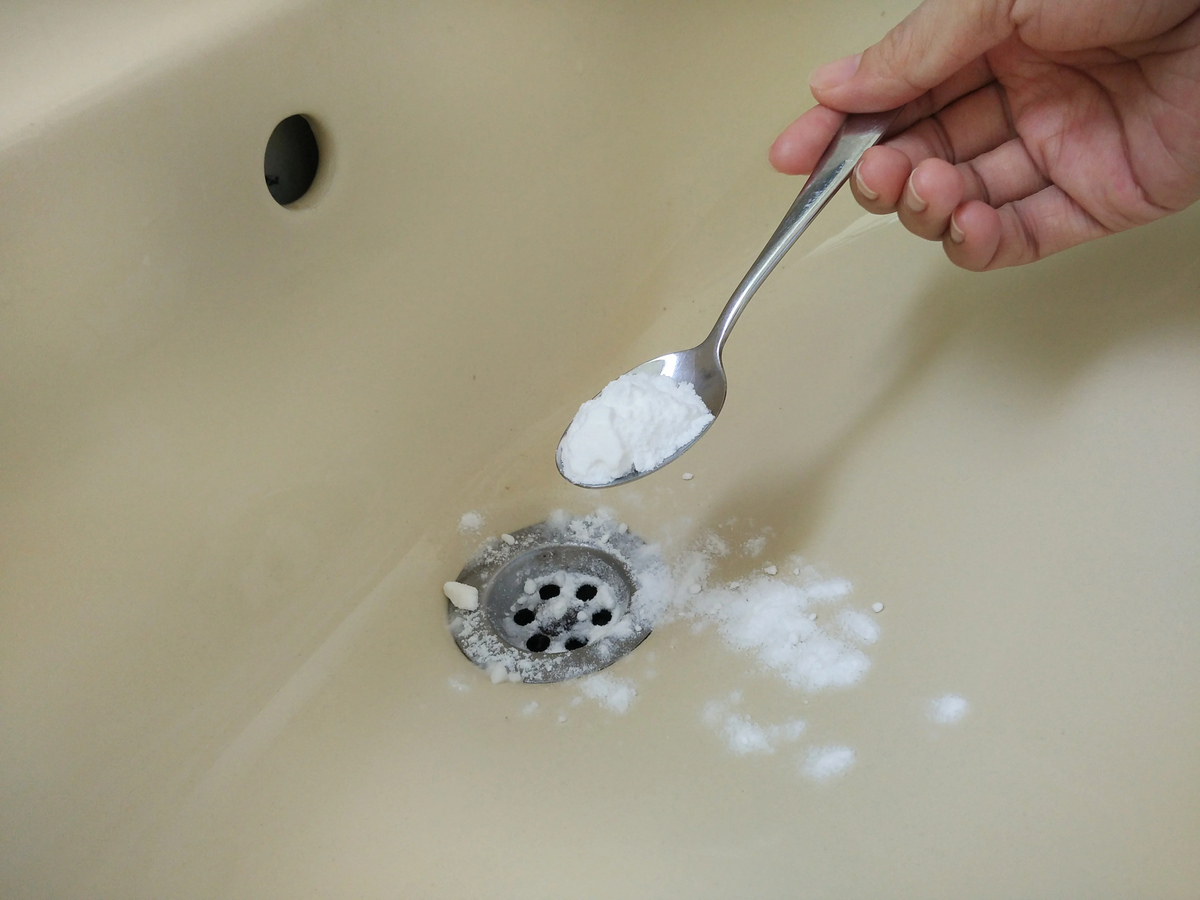
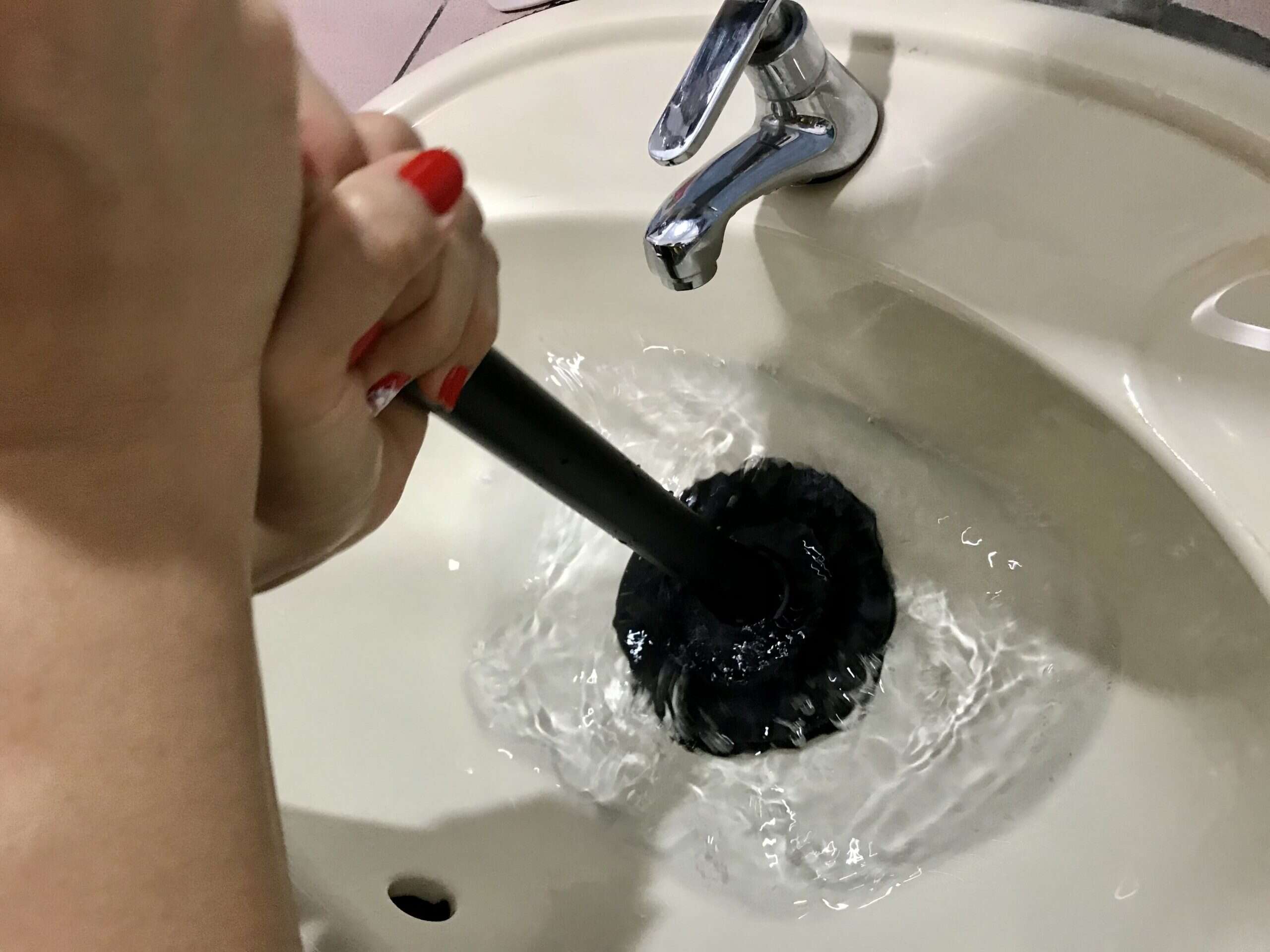
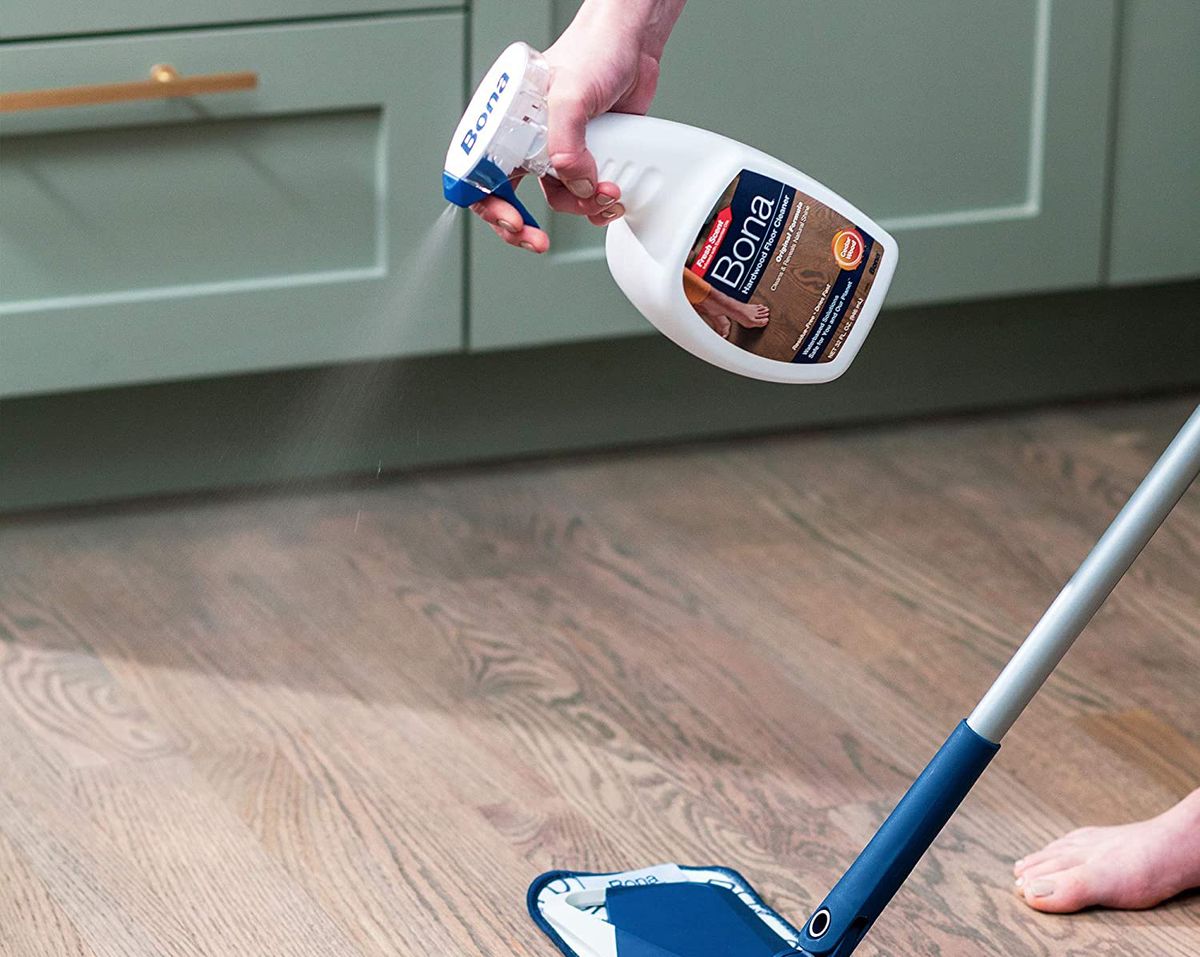
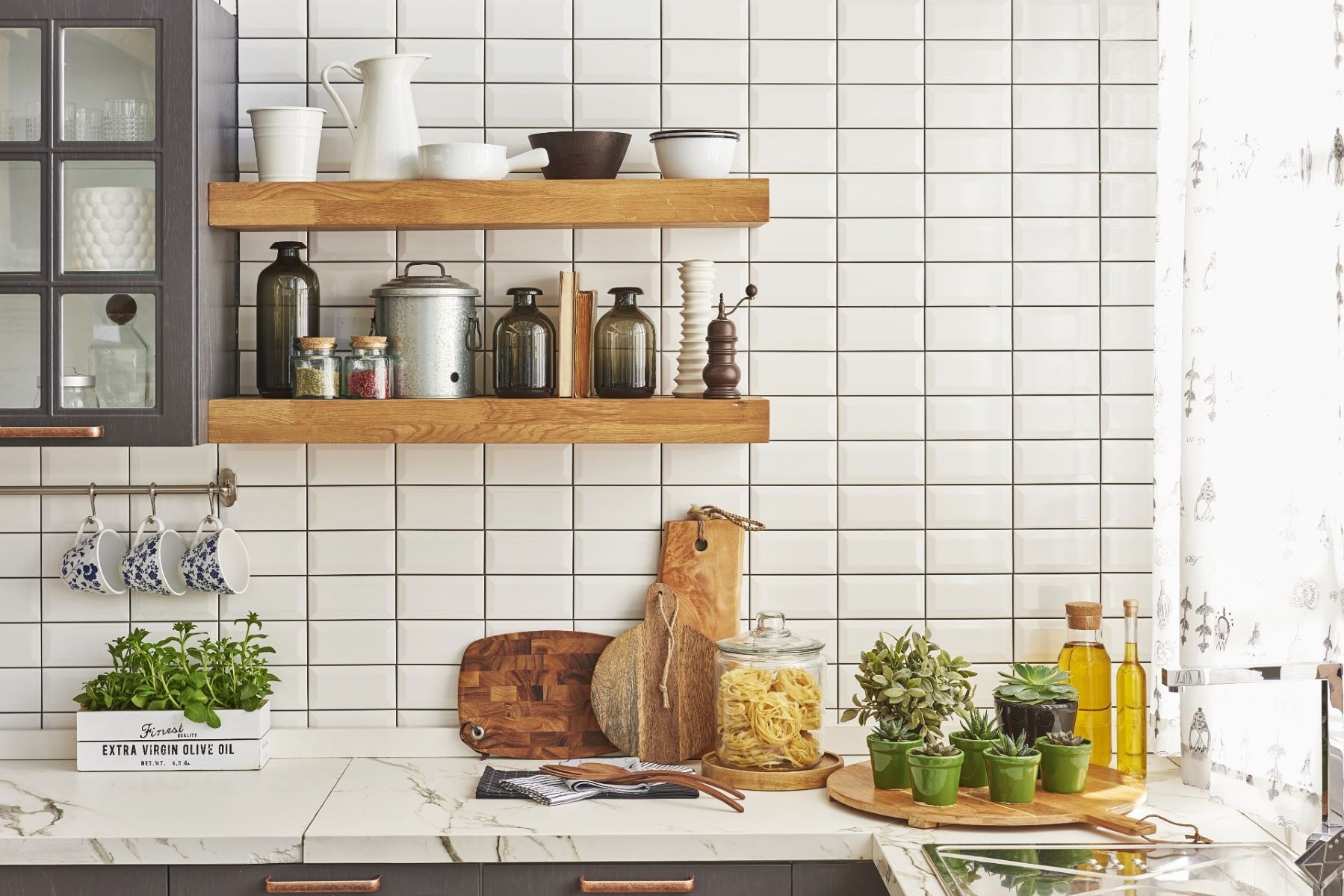

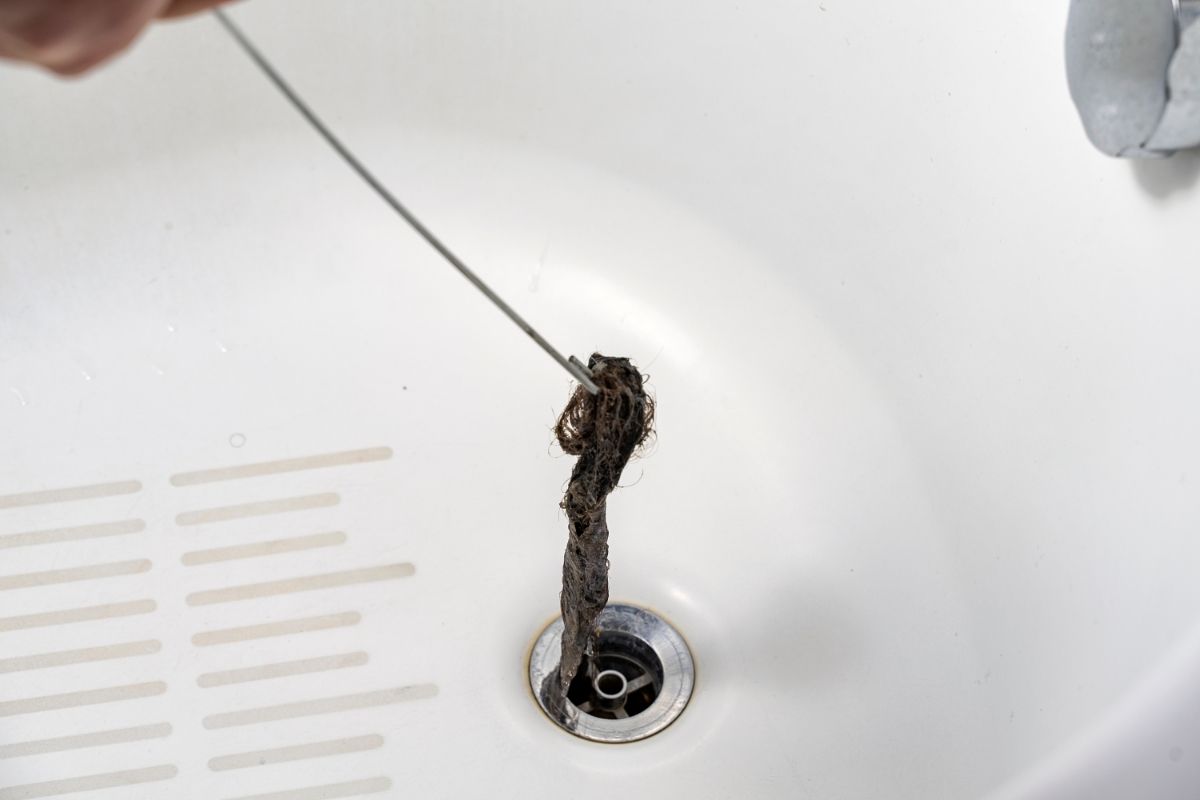
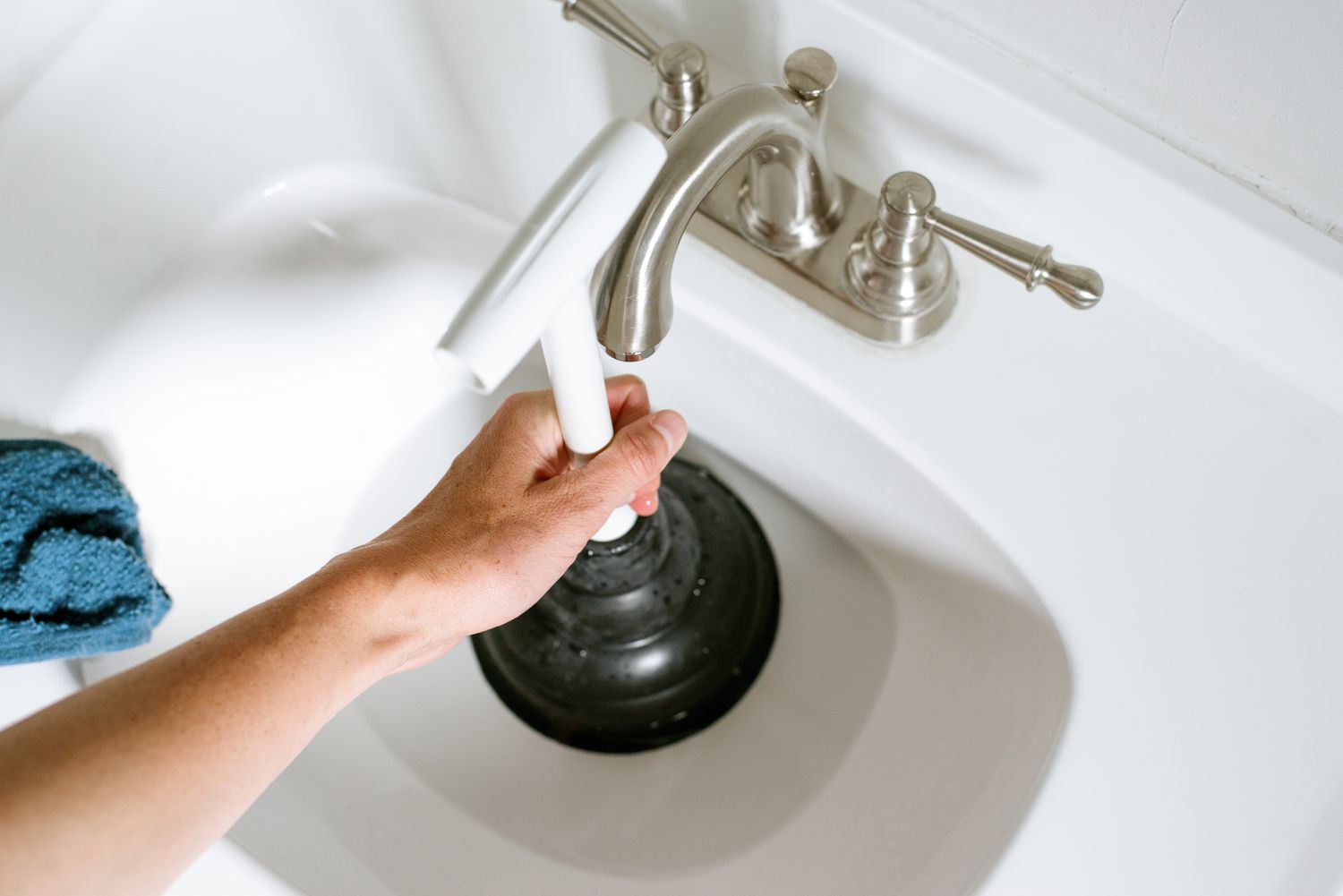
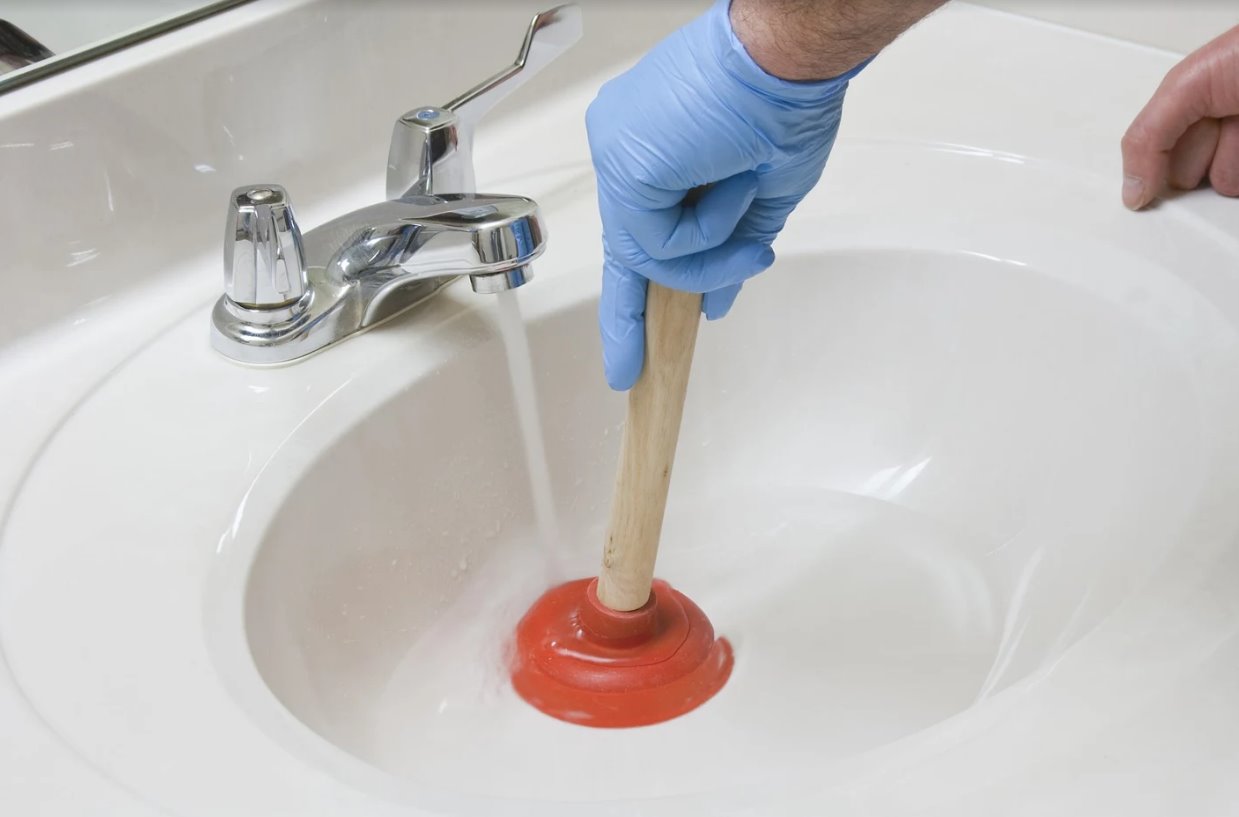

0 thoughts on “How To Unclog Kitchen Sink From Grease”